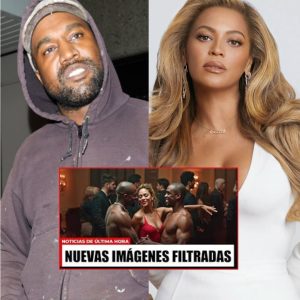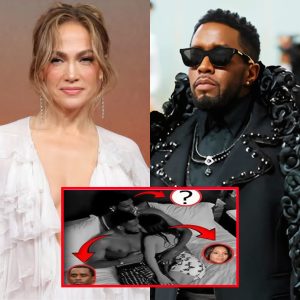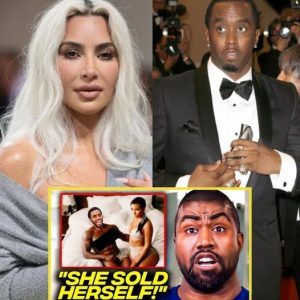A moment of controversy unfolded at an NFL game recently, where fans’ reactions to the playing of two anthems sparked intense debate. As the “Black National Anthem” echoed through the stadium, some sections of the crowd responded with boos, while moments later, the traditional U.S. National Anthem was met with loud cheers and applause. The incident has ignited a firestorm of opinions across social media, raising questions about unity, patriotism, and racial tensions.
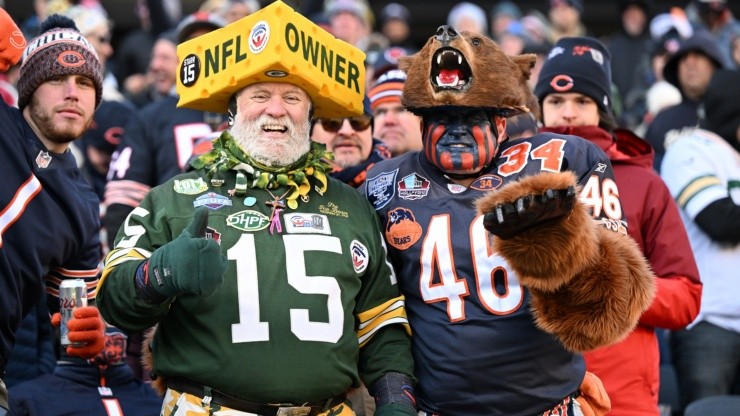
An Anthem Divided
The NFL introduced the “Black National Anthem,” Lift Every Voice and Sing, as part of its commitment to supporting racial equality and addressing social justice issues. Since then, it has been played before games alongside the traditional U.S. National Anthem. However, at this particular game, the juxtaposition of fans booing one anthem and cheering the other has created a polarizing narrative.
Witnesses described a stark contrast in crowd reactions: while Lift Every Voice and Sing was playing, pockets of the audience were noticeably upset, with audible boos coming from certain sections. Yet, just moments later, when “The Star-Spangled Banner” began, the same crowd erupted in support, waving flags and singing along.
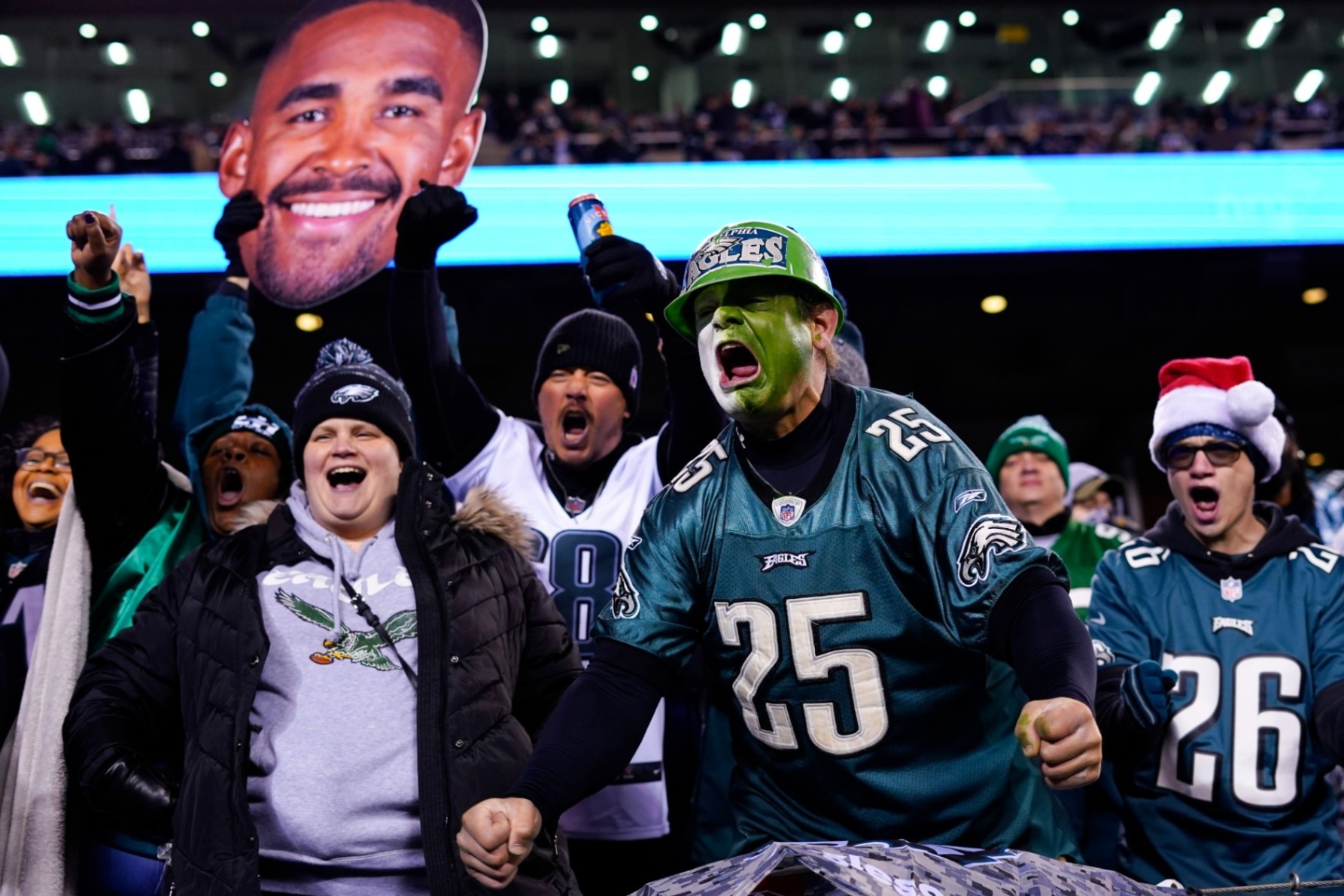
Social Media Outrage
The incident immediately exploded across social media platforms, with fans and critics sharing their views. Many were disturbed by the booing, interpreting it as a rejection of the NFL’s efforts to recognize racial equality. “It’s disappointing to see people disrespecting a song that stands for the struggles and triumphs of Black Americans,” one user posted on Twitter.
Others, however, voiced their frustration with the NFL’s decision to play two anthems, questioning whether it fosters division instead of unity. “We should be one nation, one anthem. Why are we creating more separation?” another commenter argued.

A Divisive Issue
The reactions to the “Black National Anthem” have been mixed since its introduction, and this latest incident highlights the complexities surrounding race and patriotism in America. Supporters of the anthem see it as an important step toward recognizing the contributions and history of Black Americans, while critics believe that playing two anthems is unnecessary and potentially divisive.
One fan at the game, who wished to remain anonymous, commented: “I didn’t boo, but I could feel the tension in the crowd. You could sense that not everyone was on the same page. People here want unity, but it seems like this is creating more division.”
NFL’s Response
The NFL has remained committed to promoting inclusion and diversity through various initiatives, including the playing of Lift Every Voice and Sing. While the league has not yet issued an official statement regarding this specific incident, it continues to stand by its decision to incorporate the anthem as part of its broader mission to combat racial inequality.
However, the mixed reactions may pose a challenge for the league as it navigates how to balance the desires of its diverse fanbase. Some argue that the NFL should reconsider how it presents the two anthems, while others believe that standing firm on the decision is a necessary step toward progress.
Where Do We Go from Here?
As fans continue to debate the moment, the question remains: how can the NFL—and society as a whole—create an environment where symbols of both unity and diversity can coexist? The booing of the “Black National Anthem” may have highlighted deep divisions within the country, but it also serves as a reminder of the work still to be done in fostering true equality and understanding.
Conclusion
This incident at the NFL game has brought racial tensions to the forefront once again, demonstrating that America’s journey toward unity is still fraught with challenges. As debates rage on, it is clear that the reactions to the two anthems—one of pride, the other of scorn—reflect a much larger conversation about identity, race, and what it means to be united as a nation.
The spotlight is now on the NFL to determine how it will move forward, balancing its commitment to diversity with the varied sentiments of its fanbase. Will the league stand firm in its support of the “Black National Anthem,” or will fan reactions force a reevaluation of its approach? Only time will tell.
